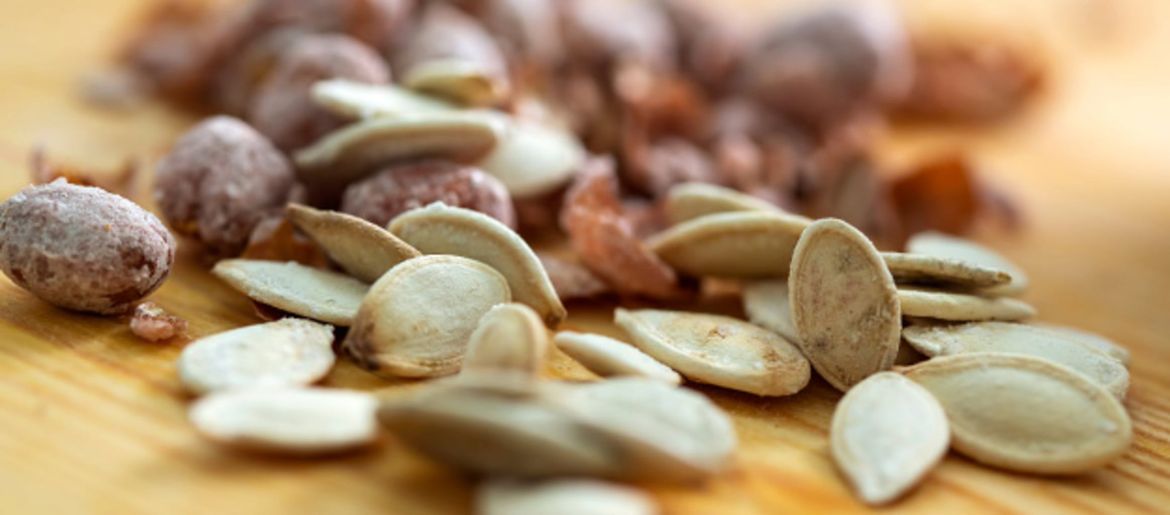The Benefits of Supplementing Arginine
If you care about growing old healthily, you should consume more arginine. Fortunately, this natural protein component is found in many foods, so if you eat more of these foods you will be doing your health good in the long run. Here you can find out which health positive effects arginine is said to have and which foods you should eat regularly in the future.
Positive Health Effects
As already mentioned, arginine is a protein building block that has the property of releasing various messenger substances (i.e. hormones) in the body. This means that it is advantageous, for example, in the defence against pathogens. However, arginine has a number of additional positive properties. Let's take a closer look at these now:
- Eyes: People who suffer from increased intraocular pressure can benefit from arginine. The blood vessels in the eyes are widened as a result, which leads to a reduction in internal pressure. It can even reduce cataracts.
- Muscles: Arginine increases physical performance and leads to maximum oxygen uptake. That is why many athletes take arginine supplements. The muscles are better supplied by the circulation-promoting effects, which then leads to more performance. In addition, arginine helps to build muscle mass, which is also interesting for sports enthusiasts.
- Metabolism: Arginine stimulates the activity of the mitochondria, which are, so to speak, the “power plants” of our cells, and also promotes their formation. This stimulates the metabolism, which in turn is good for burning the energy absorbed through food.
- Wound healing: Arginine is said to promote wound healing after injuries. So if you have an operation date, for example, it is possible to take arginine before and shortly after. It also stimulates collagen formation and tissue cell renewal.
Compatibility
Because arginine is a completely naturally occurring protein building block, it is very well tolerated. Both the arginine ingested through food and those contained in medicinal preparations are excellently tolerated. When it comes to food supplements, however, it is important to make sure that it is a high-quality and, above all, purely herbal quality product.
Foods High in Arginine
Arginine is the abbreviation for L-arginine. This semi-essential amino acid is partly produced by the body itself. However, since this only happens partially, situations often arise in which the need for arginine is increased, but the body can no longer meet it itself. This can be B. be the case if you have been seriously injured or if you are pregnant. In this case, arginine can be supplied through dietary supplements, or you can simply eat foods that are naturally high in arginine. The following are particularly suitable for this:
- Nuts: All kinds of nuts contain a lot of arginine. Peanuts are particularly recommended here, but also almonds and hazelnuts. If you want to cover your daily requirement, a handful of these nuts is enough. Sesame seeds and pumpkin seeds should also not be ignored. Pine nuts also have an extremely high content.
- If you are allergic to nuts, you don't have to throw the gun in the grain right away. There are other foods that are high in arginine.
- Legumes: All types of legumes are also ideally suited to meet the arginine requirement, with lentils and broad beans in particular taking the lead.
- Marine animals: salmon and prawns are excellent sources of arginine, but also sole and trout.
- Meat: Go for poultry in this area, beef is good too. To be honest, you can't go wrong with meat, as the arginine levels are relatively high everywhere.
- Dairy products: Two products are the most interesting here because of their relatively high arginine content: hard cheese and parmesan.
Latest reviews
-
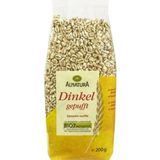 5.0 (2)
5.0 (2)Alnatura Organic Puffed Spelt, 200 g
-10%- Wholegrain spelt
- Sweetened with honey
- Serve as cereal & as a topping
€ 2,24 € 2,49 (€ 11,20 / kg)Delivery by March 19
-
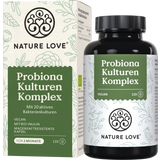 4.8 (38)
4.8 (38)Nature Love Probiona Cultures Complex, 120 capsules
-10%- With organically grown inulin
- Released in the intestines
- Package lasts for two months
€ 19,79 € 21,99 (€ 324,43 / kg)Delivery by March 07
-
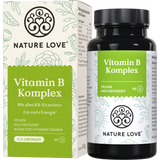 4.9 (17)
4.9 (17)Nature Love Vitamin B Komplex, 90 capsules
-10%- High bioavailability
- Vegan and gluten-free
- Package lasts for 3 months
€ 14,39 € 15,99 (€ 342,62 / kg)Delivery by March 07
-
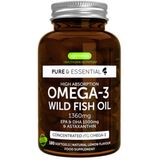 5.0 (2)
5.0 (2)Igennus Pure & Essential Omega-3 Wild Fish Oil & Astaxanthin, 180 softgels
-10%- With astaxanthin from microalgae
- Natural lemon flavour
- No unpleasant burping
€ 27,85 € 30,99 (€ 162,87 / kg)Delivery by March 07

